National Recovery Month was established by the Substance Abuse and Mental Health Services Administration (SAMHSA) in 1989. Celebrated each September, it is a nationwide observance highlighting the importance of accessible treatment options as well as the work of professionals and advocates in the field of behavioral health.
If you’ve sought treatment for mental health or substance use disorders in the past, National Recovery Month is the perfect time for gratitude and reflection. Celebrate how far you’ve come in your wellness journey—then make a plan that will help you continue to move forward.
Gratitude Is the Foundation of a Lasting Recovery
Gratitude is more than just saying “please” and “thank you.” It’s about recognizing and appreciating the positive aspects of life, even in difficult times.
Jack Canfield, the American author and motivational speaker responsible for the popular Chicken Soup for the Soul book series, once said, “Gratitude is the single most important ingredient to living a successful and fulfilled life.”
When you’re managing depression, anxiety, substance use disorders, or other chronic behavioral health conditions, fostering a grateful heart is essential. Consider the following:
- Gratitude improves your mental health. When we focus on what we’re thankful for, our minds naturally shift away from worries and toward the positive aspects of life—creating a more balanced and peaceful state of mind. This practice not only enhances our overall mood, but it can also help minimize negative thoughts.
- Gratitude builds stronger relationships. When we express appreciation to others, it makes them feel valued and understood—which deepens our connections and fosters mutual respect. Additionally, gratitude encourages forgiveness by promoting a more compassionate view of others—making it easier to resolve conflicts and build healthier, more enduring relationships with friends, family, and other loved ones.
- Gratitude improves your physical health. Researchers have found that practicing gratitude boosts the immune system, improves sleep quality, and contributes to better overall cardiovascular health by lowering your blood pressure.
- Gratitude builds your resilience. Gratitude helps you cope with adversity. It lets you see challenges in a more manageable light—building the resilience you need to bounce back from any setbacks you encounter as you work towards reaching your recovery goals.
- Gratitude promotes greater life satisfaction. Instead of focusing on what’s missing, gratitude helps you recognize and cherish the small, everyday moments that bring joy and contentment. Seeing meaning in starting your day by admiring a gorgeous sunrise, visiting with a friend over lunch, playing with your dog, or relaxing with a book by your favorite author leads to an overall sense of well-being and fulfillment—reducing the desire for material possessions or external validation.
- Gratitude encourages positive behaviors. Gratitude fosters personal growth by increasing your self-awareness and encouraging a desire for self-improvement. Grateful people are also inclined to help others and contribute to their communities—creating a ripple effect of goodwill.
Reflecting on Your Progress Helps You Chart a Path to Long-Term Growth
Self-reflection helps you understand who you are, what you believe in, and why you behave the way you do. It’s not about dwelling on past mistakes. Instead, reflective people focus on identifying opportunities for personal growth.
During National Recovery Month, reflect on these three key areas:
- Reflect on your journey. The process of managing your mental health needs is often filled with both successes and setbacks. Reflecting on this journey helps you see how far you’ve come, understand the challenges you’ve faced, and recognize the strength you’ve already developed. During National Recovery Month, consider setting aside time to journal about what inspired you to seek treatment, what strategies you’ve found most effective, and what you hope to accomplish in the upcoming year.
- Reflect on your triggers and behavioral patterns. Making time for honest self-reflection can help you identify behavioral patterns, recognize triggers, and understand what strategies have been most effective in your recovery. When you understand what works and what doesn’t, you can adjust your approach and strengthen your commitment.
- Reflect on your future goals. By looking back at the progress you’ve made, you can identify areas where you’ve thrived and areas that may need more attention. This introspection lets you set goals to promote continuous growth and improvement. (Still haven’t decided what you hope to accomplish? The SMART Recovery website has a free goal-setting worksheet that can guide you through the process of setting goals that are specific, measurable, agreeable, realistic, and time-bound.)
Let Us Help You Take the Next Step in Your Recovery Journey
If you feel like you need some added support to manage your mental health or substance abuse issues, now is the perfect time to reach out for help. At Eagle View Behavioral Health, we’re here to support you every step of the way. At our Bettendorf, Iowa treatment center, our team of compassionate professionals offers personalized treatment plans tailored to meet your unique needs and support your recovery goals.
Don’t wait one more minute without taking a step towards better mental health and well-being. Contact us today for a free, confidential assessment. This National Recovery Month can be the beginning of your journey towards healing, growth, purpose, and joy.






